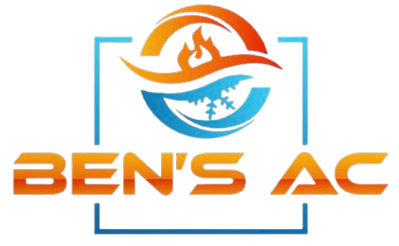What to Do Before Calling for Emergency Furnace Repair
September 27, 2025

A malfunctioning furnace can quickly turn from a minor inconvenience into a major emergency, especially during the cold months. The sudden loss of heat can make your home uncomfortable and even pose risks to vulnerable family members. Taking a few preparatory steps before calling for help can save time, reduce risk, and sometimes prevent further damage. By understanding the basic functioning of your furnace and performing simple inspections, you can often identify minor issues early. These small efforts also help you communicate the problem clearly to your HVAC technician. Knowing what to do before calling for emergency furnace repair ensures you are prepared and can get your home warm again as quickly as possible.
1. Check the Thermostat Settings
Before assuming your furnace is broken, verify that the thermostat is set to the correct temperature and mode. Ensure the system is set to “heat” and the temperature is higher than the current room temperature. Sometimes, the issue may be as simple as a misconfigured thermostat or depleted batteries.
2. Inspect the Power Supply
A furnace won’t operate if it’s not receiving power. Check your circuit breaker or fuse box to make sure the furnace hasn’t tripped a breaker. Additionally, confirm that any power switches near the furnace are turned on. Ensuring the unit has electricity can save you from unnecessary service calls.
3. Examine the Air Filter
Clogged or dirty filters can restrict airflow, causing the furnace to overheat or shut down. Remove the filter and inspect it for dust and debris. If it appears dirty, replace it with a new one. This simple maintenance step can often restore your furnace’s functionality without a professional visit.
4. Look for Obvious Obstructions
Check for visible signs of blockages around vents, registers, and the furnace itself. Make sure nothing is obstructing airflow or interfering with the furnace components. Pets, furniture, or even accumulated dust can impact performance.
5. Observe Any Strange Noises or Smells
Listen for unusual sounds such as banging, clanging, or squealing, and be aware of any burning or gas odors. These observations are crucial when describing the problem to your HVAC technician, as they help identify whether the issue is electrical, mechanical, or gas-related.
6. Ensure Safety First
If you notice gas odors or suspect a leak, evacuate immediately and call the gas company before contacting an HVAC contractor. Do not attempt to fix gas-related issues yourself, as this can be extremely dangerous. Safety should always be your top priority.
Trust the Experts at Ben's AC
While these steps can help you prepare for emergency furnace repair, complex issues require professional expertise. At Ben's AC, our team of licensed HVAC contractors in New Orleans, Louisiana, brings 10 years of experience ensuring homes stay safe and warm. We handle every emergency with precision, from diagnosing the problem to repairing it efficiently. By performing preventive checks and communicating clearly, you can make our service faster and more effective. When your furnace fails, trust Ben's AC to deliver reliable, prompt, and professional solutions.


